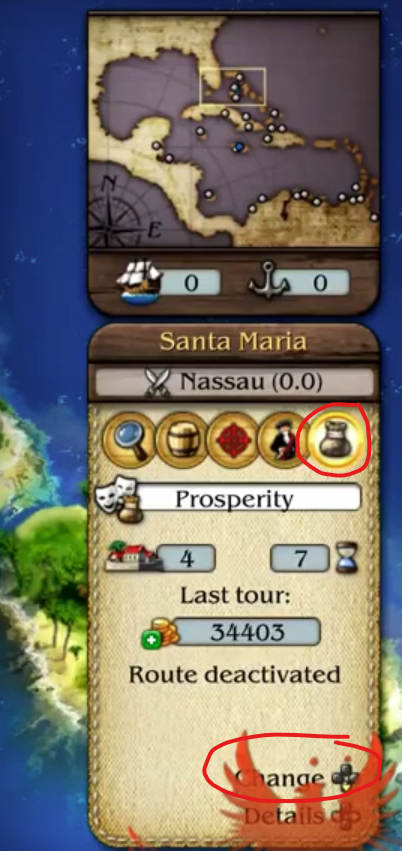

It's not easy to start the game as a fledgling sailor you choose your nation of origin (England, Spain France or Holland) and that determines where you start. Overall, Port Royale is a terribly addicting game. It's a big world, and you can approach it as a privateer, a trader or a pirate.

The interface is mostly point and click, and the game-play is non-linear - you get to do what you want to do, whether it's pursue missions, engage in trade, or jump feet first into a sea battle. Port Royale is no different, save its graphics and sound and even more things for you to do. Pirates! was a fantastic game, and many people (myself included) lost days, weeks, months of our lives to it. Armed with pistols, cutlass and cannon, and recruiting crews from criminals and runaway slaves, the high seas had never been more dangerous or more profitable.įirst, you can't look at these game without thinking of Microprose' classic game Pirates! It's very much the same game, only expanded into a detail oriented game, with sophisticated trading system. At the same time, ships loaded with goods sailing to Europe proved an irresistible temptation to pirates and cutthroats. It combines the best elements of an action adventure game with economic strategy based in the Caribbean during the golden age of piracy.ĭuring the 1600's and early 1700's, the Caribbean was a wild frontier - skirmishes and minor wars between colonial nations caused many a ship owner to be pressed into service as a privateer. Port Royale is the result of the combined effort of Ascaron and Tri-Synergy. Much like Patrician II, players must also worry about developing trade routes, establishing a reputation in their targeted towns, and constructing essential trade buildings when necessary. Sea battles can involve over 20 ships, but players can choose to put their ships on auto-pilot during the fighting.

Players must develop keen pirate instincts as they siege towns, battle other ships, and search for hidden gold. Gameplay involves exploring a game world of four million square miles (four times larger than Patrician II), over 60 towns, and four nations - Dutch, English, Spanish, and French. Theirs is a sophisticated and subtle «internalist» account of meaning-one that, as we shall see, is largely immune to the usual objections to semantic internalism.Developed by ASCARON, the same company that brought us Patrician II, Port Royale is set in the Age of Sail, and gives players the opportunity to explore the bustling world of the Caribbean in the 16th and 17th centuries. Their approach to this issue, also generally overlooked in current discussions, merits serious consideration, and, I argue, is to be preferred to other, currently popular, approaches to this topic. In addition to identifying and explaining the relevant passages of the Port-Royal Logic, I discuss the authors’ strikingly modern take on linguistic meaning. Although ignored by many philosophers who work on the concept of truth today, Arnauld and Nicole should be credited as the originators of the redundancy theory. In this paper I argue that such a perspective on truth may in fact be found much earlier, in Antoine Arnauld and Pierre Nicole’s Logic, or the Art of Thinking (also known as the Port-Royal Logic and published in its final form in 1683). The redundancy theory of truth, according to which a sentence of the form ‘p’ is true is equivalent to p, is commonly attributed to the philosophers Gottlob Frege (1848-1925) and Frank Ramsey (1903-1930), and is viewed as an important development in 20th century philosophical logic.


 0 kommentar(er)
0 kommentar(er)
